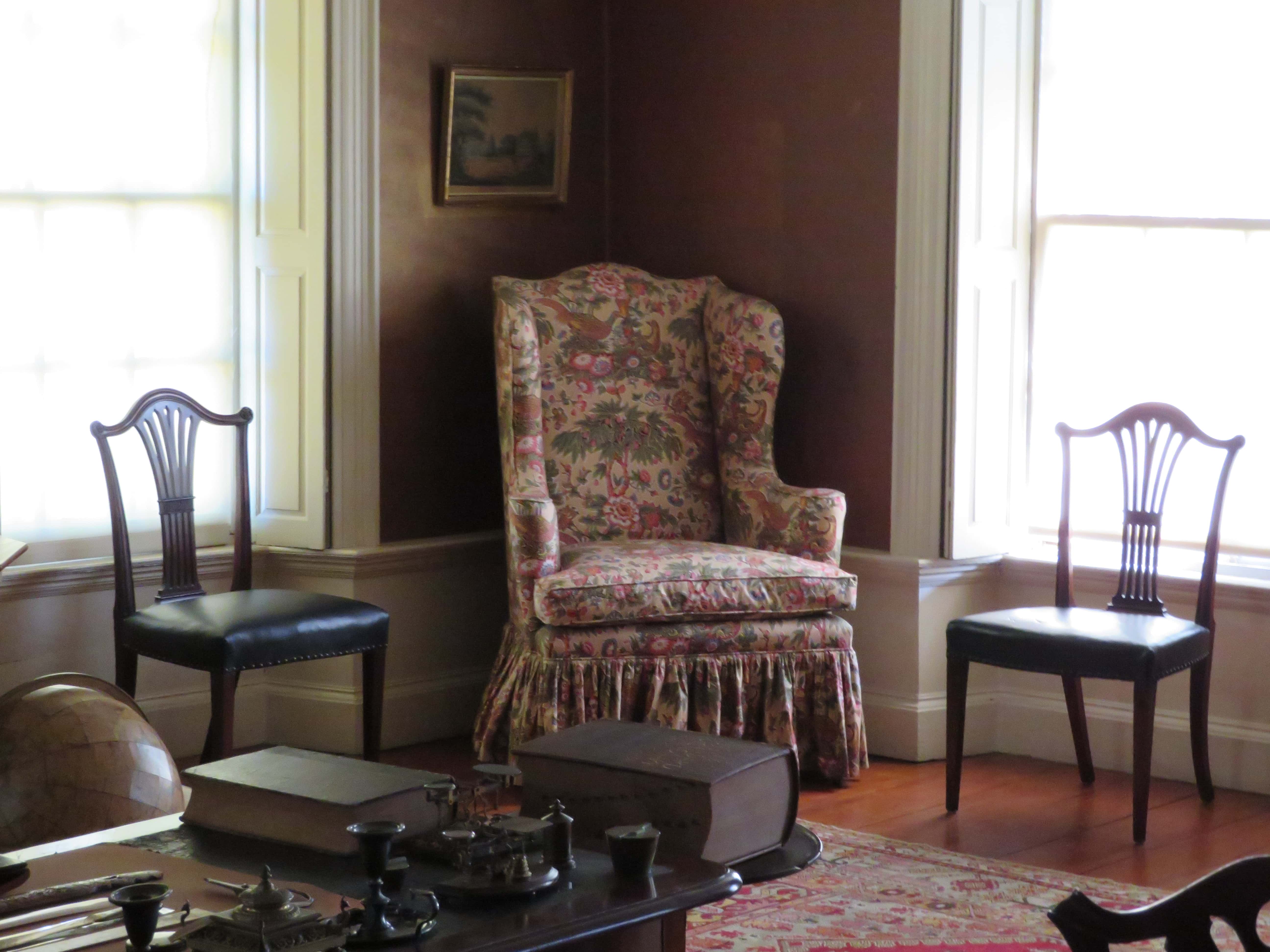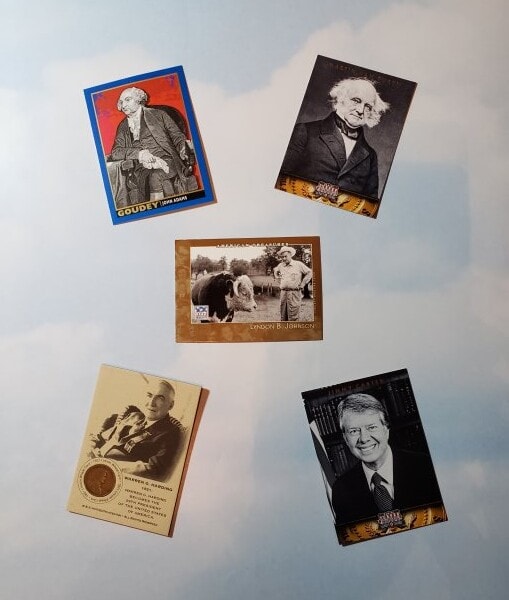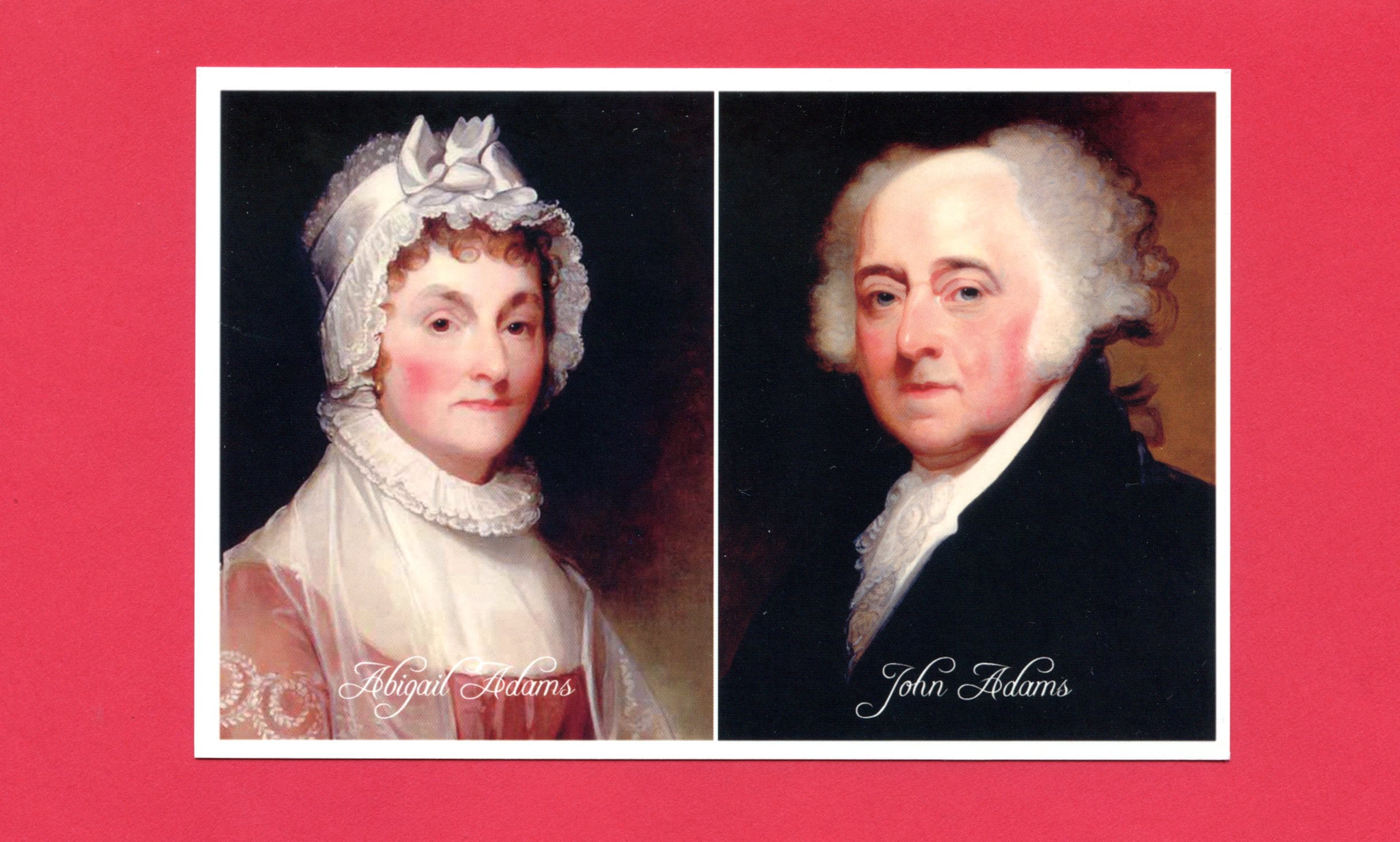Perspective
“All the ways of a man are clean in his own eyes; but the Lord weigheth the spirits.” Proverbs 16:2 KJV
I remember one of the greatest celebrations of my younger life being the Bicentennial of our independence in 1976. History seemed to come alive during that period. Even the Queen of England came to Boston and stood at the balcony of the Old State House, where the Declaration of Independence was first read, and she praised the patriots of our independence in a speech.
For a stamp collector, like me, there were many stamps being issued by our country and foreign countries to honor this event. There was even a huge stamp show, Interphil, in Philadelphia where many foreign countries came to sell their Bicentennial stamps and honor us as we celebrated.
Tokens and souvenirs abound with the specially designed 1776-1976 logo on them. We learned about places like Lexington, Concord, Bunker Hill, the Delaware River, Philadelphia, Yorktown and a host of other revolutionary towns. Names like Jefferson, Adams (Samuel and John), Revere, Hancock, Franklin, Washington, and many more, inspired pride in us.
Personally, I tried to graduate a year early so I could graduate high school in 1976 instead of 1977. At the last minute, I changed my mind and decided to graduate with my regular class. I decided to pick up a trade to fall back on and go to VoTech instead.
One of the greatest parts of that period was that almost all Americans decided to participate in the celebration. It may be hard to believe, but we were actually getting along with each other then. Even though racial riots, Vietnam War protests, and Watergate lined the headlines just a few years before, we decided to push that aside and just celebrate the freedoms we enjoyed and the sacrifices so many had given to help us have such a great country.
For just a small moment in time, we became grateful for what we had: a great country with so many freedoms. The disagreements didn’t go away, our perspective changed. We weren’t a one-man band with a hat on the ground waiting for someone to notice us and toss a coin in our cap. No, we were a marching band who needed everyone to play their different beautiful instruments together to produce the proud anthem that could float in our ears and pound in our hearts.
The year 1976 was not the first time in our history that we had a huge celebration over our independence. I’m sure the first few July 4ths produced more fear than celebration, though. Doubts were everywhere as to whether we could even make this new concept of government work. Then there were the shouts from different directions as to what this new government should even look like.
Did we need to mirror our motherland, England, as many wanted? Or did we need to come up with a completely new form of government? Both sides intently dug in their heels when we first started. Celebrating our independence was probably the furthest thing from most people’s minds. They wanted their type of government up and running. The celebration could wait until all that was in place.
The hard work of forming that government had a few superstars. Washington and Hamilton seem to lead the charge for a government similar to England’s. Patriots like John Adams took an even more extreme approach to that style of government. People like Adams wanted our highest leadership position, that figurehead, our President, to be more regal or king-like. On the other side you had men like Jefferson and Madison, who thought the average man should have more say in how the government should be run and less should be made of this President position.
Unlike today, people back then were not as vocal about their differing opinions. That doesn’t mean they were any less determined to get their way. Instead of being vocal, they worked behind each other’s backs or used pseudonyms on the writings they did produce. Yes, they were nice to each other’s faces, but that friendly slant faded when the opposition moved out of sight.
So, celebrating our independence probably took many years before we understood what that independence was really about. We had to jell as a country. Our differences had to be ironed out. It was just going to take some time.
The Bible is not immune to celebration. In fact, there are many examples of celebration in the Bible. Life would be pretty dull if celebrations were not part of it and the Bible is our guide to living life. So, it’s reasonable to understand why there are many celebrations in the Bible.
Although the Bible has many celebrations roaming through its pages, there is very little time given into the actual planning of those celebrations. Sure, if you want to get technical, the first few books of the Bible go in great detail as to how we should “celebrate” our time with God, but I’m mainly talking about those moments when our joy can no longer contain us, and we just have to find an outlet to let that joy come bubbling out.
First, let’s look at why a celebration is usually in order. Usually it has to do with a victory over something. In our own lives we celebrate birthdays, for instance. Why? Basically, we are celebrating that we made it through another year of our life. We had victory over the previous year and now it’s time to celebrate. We can probably worry about the next year tomorrow.
We celebrate a promotion because we overcame all the junk our job could throw at us and we rose above it higher than anyone else seeking that position. A retirement signals our overcoming the chains that keep us dependent on a paycheck. We worked; we saved; we overcame.
In the Bible we see celebrations in victories over enemies. Healed men celebrate a renewed life without their illnesses. Fathers welcomed home long lost sons with open arms and parties. Even fighting brothers, separated by years apart, celebrate their victory over past bygones when they are reunited.
This might have been the first independence celebration that really meant anything to our country. It was the 50th independence celebration. The questions were gone as to whether we would make it or not. Our government was starting to morph into a style that would last past the Bicentennial I spoke of early. Pretty much all the Founding Fathers had handed over the reins of that government to the next generation of politicians.
So, celebrations abound on that 50th anniversary of our independence. Most of the heroes of those independence battles were just memories marked by tombstones. The few that were left probably had tears in their eyes because their brave acts had turned this country into something so beautiful. On this day everyone was shouting with joy about their courage.
Parades, oh there were so many beautiful parades. Flags were waving and bands were playing. Red, white, and blue hung everywhere. Yes, they were all Americans that day.
There was a lot going on in 1826. People probably marveled about how “modern” the world was becoming. Although it would be thirteen more years before it was really mentioned, the first photograph was taken by Joseph Nicephore Niepce. The world’s first suspension bridge, the Menal Suspension Bridge, connecting Anglesey to the west coast of Wales was opened.
In 1826, in a little town named Quincy, Massachusetts, the first American railroad was chartered and began operations. It was called the Granite Railway. Samuel Morey was issued the first US patent for an internal-combustion engine in 1826. John Walker invented the friction match.
The USS Vincennes would leave a harbor in New York in 1826. It would become the first warship to circumnavigate the globe. Oh, our world was entering a nineteenth century science-fiction fantasy phase.
Of course, there were the bad boys, too. A young Edgar Allan Poe entered the University of Virginia only to get expelled for failing to pay his gambling debts. Joseph Smith, of Mormon fame, was put on trial for being a “Disorderly Person.” A young Frederick Douglass was given a new pair of pants and told he would be sent to live with Lucretia Auld’s brother-in-law in Baltimore. From here he would plot his escape from slavery.
Beethoven’s String Quartet No. 13 in B flat major (Op 130) would premiere in Vienna. Weber’s opera “Oberon” would premiere in London.
Before you think things were getting out of control, 1826 was also when the American Temperance Society was formed in Boston. The Ottoman Sultan Mahmud II abolished the elite Janissary corps and would execute thousands to make way for his more “modern” army.
But this day, July 4, 1826, was our special day. For us, all the excitement of the world stopped because we were going to celebrate our freedoms and independence. This day was our day and nothing was going to ruin it.
There is one celebration in the Bible that holds a special place in my heart. You see, the day of my birth happened to be the day we chose to celebrate that Biblical celebration. Oh, in those Bible times it was a joyous day indeed. The hero had arrived and the Biblical crowd was ready for the victory he would launch.
Up and down the streets, heading into the big city, people gathered on both sides of the road. This wasn’t a celebration of a victory yet seen. No, this was a victory of something about to happen. The crowd knew something special was about to happen.
The hero of the parade did not ride in on some golden chariot. There was no army flanking his sides. In fact, no one with him even carried a weapon. Still, the crowd refused to let that stop its enthusiasm. They didn’t care, they were going to celebrate.
How were they going to get this star through the huge crowd that gathered? The hero had an idea. Go grab someone’s donkey. As the excited members of his entourage followed his instructions, the owner of the donkey they chose came running out of his house screaming, “Hey! What are you doing with my donkey?” Telling them that the Master needed it seemed to satisfy his worry and they took the donkey to the Master to ride through the crowd.
People took palm branches and laid them in the path as the Master rode by on His borrowed donkey. It didn’t make a difference. He was their hero. He was their king. He was going to change their world.
Very few of the Founding Fathers were left to enjoy the fruits of all their hard work on that July 4, 1826. There was one, though, and he was determined to enjoy this day. He was very old, and didn’t move around very well, but he wanted to see the great celebration.
So the 50th anniversary of our independence parade, in his hometown, was routed past his house so he could watch it from his second story window. He moved the pink, flowered cushioned chair next to the window so he could witness the parade first hand.
As the parade passed by, he suffered a heart attack or stroke. He was quickly moved to a couch across the room. Gasping for air he uttered his final words. For all his outstanding accomplishments, one has to wonder why he chose those words.
As John Adams lay there dying, he uttered his final words, “Jefferson survives.” I have often wondered why those were his last words. Sure Jefferson and he had their spat where they didn’t even talk to each other for the longest time, but they had since healed that relationship.
Adams didn’t know that, earlier in the day, Thomas Jefferson had also died. So actually Adams survived Jefferson. But I’m not so sure that is what Adams meant.
As I stood in the room where Adams died, my head turned to the chair he sat in to watch the parade. I could almost see Adams peering out the window. His fellow Americans were celebrating a different America than he had envisioned.
There were no kings, or leaders who could rule over a kingdom. He may have even thought he could have become some royal figure if things had turned out differently. He did become the second President of the United States, and if the country had chosen his idea of the Presidency, he would have been the second Royal to hold it. No, America had turned out quite differently than Adams had expected.
As he watched that parade, I think he reflected on that. It wasn’t that Thomas Jefferson had outlived him, or he thought Jefferson had outlived him, it was that the thinking of how our government should run, the Jefferson way, had won out over his own. We were becoming a country of “We the people,” and not a country where kings and governments made all the rules.
I wonder what Jesus thought when he rode the borrowed donkey through the crowd that first Palm Sunday. He participated, so one would think there must have been some good feelings in His heart about it. There is no record of Him scolding the crowd that they would abandon him, like He scolded his disciples when they proudly exclaimed they would never abandon him.
Yet, five short days later, he would be hanging on a cross. He would be mocked by a crowd. Where were all those who cheered Him?
The word perspective means: “a particular attitude toward or way of regarding something; a point of view.” Often our world gets clouded, not by reality, but our perspective of it.
John Adams could have died with the selfish perspective that the world would wise up and see his wisdom. But a reality overshadowed that perspective and, instead, he saw the truth that America was not going to be a country ruled by royalty.
The crowds at Jesus’ victorious Palm Sunday parade saw a king by their worldly standards. The crowds at His death saw a joker to be laughed at. Both perspectives clouded their views of reality. Jesus truly did come to save them and He will be the King of Forever.
Life often clouds our views of reality. We believe that hard times are things to mourn and growl about and not to be looked at as learning and growth experiences. We let rejection dampen our moods and outlook instead of an opportunity to inspire us to try even harder. We believe lying and deceiving protect others from a truth they can’t handle instead of letting them see our strength and integrity as an example worth copying.
If you want an example of reality colliding with perspective, many exist in the Bible and I’m sure quite a few cross will your path if you look at it from a less worldly perspective.
Prayer: Dear Mighty Father, The world shines brightly in my face. Please send your clouds to dim its glare so that I might have a much better spiritual perspective. Amen.



